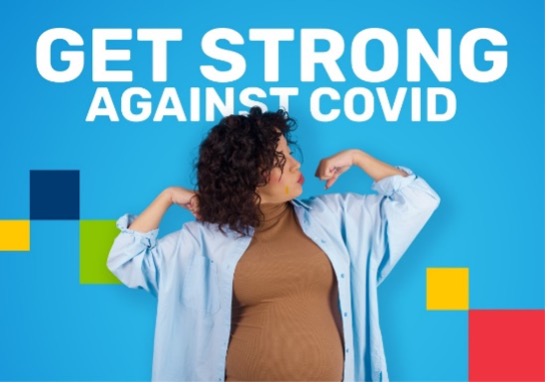Target Audience: Healthcare professionals who care for children, including community and hospital-based physicians, physician assistants, allied healthcare providers, residents, and medical students
CME Lecture Series - Dr. Roxanna Doucet | Laredo 11.13.25
CME Lecture Series - Dr. Roxanna Doucet | Victoria 11.18.25
Target Audience: Non-clinical healthcare professionals who offer administrative support to provider offices including office managers, medical assistants, referral clerks, and front office specialists
Quarterly Meetings
HHS - EVV Training
Texas Health Steps
Cultural Competency and Sensitivity
2023 Behavioral Health Staff Workshop_PDF
2023 Hospital Staff Workshop_PDF
2023 LTSS Staff Workshop_PDF
2023 Therapy Training_PDF
2023 OBGYN Staff Workshop_PDF
2024 LTSS Staff Workshop_PDF
2024 OBGYN Staff Workshop_PDF
2024 Therapy Training_PDF
Driscoll Health Plan (DHP) fosters an environment of care that acknowledges and respects the culture, language, beliefs, and health literacy of Members and their families. DHP recognizes that these factors affect the health and well-being of our members, and strives to ensure that its services meet the challenging needs of an increasingly culturally and linguistically diverse populations, advance health equity among its members and achieve quality outcomes.
DHP will ensure the effective delivery of services in a manner that respects Members linguistic needs, diverse cultural, racial and ethnic backgrounds, religion and religious preference(s), disabilities, and gender and preferred gender. DHP will monitor and assess member needs through the direct and indirect data collected on its membership, and ensures that Providers and Staff appreciate the customs, values, beliefs and abilities of its membership in the subsequent delivery of care and services.
DHP is committed to identifying and addressing health disparities among our Members and actively works with community resources to reduce inequalities in healthcare delivery caused by a lack of awareness or understanding of cultural and language differences, gender identity, and social and economic disparities. DHP partners with several community organizations that assist us in delivering health care messages to our members within hidden communities who are often underserved by community services and public infrastructure. DHP participates in and sponsors numerous programs to benefit these communities, such as providing community health screenings.
With the spread of the COVID-19 virus, there are basic precautions to prevent getting sick.
Possible symptoms include*:
Learn about the difference between the flu and COVID-19 - CDCCOVID-19: Stop the spread of germs - PDFHow Coronavirus Spreads - CDC
What to do if you are sick with COVID-19 - PDF
Learn about the coronavirus, how to stay healthy and what to do if you think you have COVID-19 - CDC
How to Protect Yourself and Others -CDC
The COVID-19 vaccine is now available to those 6 months and older. The vaccine will help keep you from getting COVID-19. All COVID-19 vaccines currently available in the United States have been shown to be highly effective at preventing COVID-19.
COVID-19 Vaccine Availability Map
Routine vaccination is an important preventive care service that should not be delayed.
COVID-19 vaccination is recommended for people who are pregnant, breastfeeding, or might become pregnant in the future. There is currently no evidence that COVID-19 vaccines cause problems with becoming pregnant.
Getting a COVID-19 vaccine while pregnant can protect you from getting very sick from COVID-19. If you are pregnant or breastfeeding, COVID-19 vaccination builds antibodies that can transfer to and help protect your baby. Ask your healthcare provider about the COVID-19 vaccine.

General Information
CDC COVID-19 Vaccine Information
Texas Department of State Health Services: COVID-19 information
CDC COVID-19 Vaccine FAQs
CDC COVID-19 Vaccine and Pregnancy
The vendor drug program manages the state Medicaid and CHIP formularies. The website is a great resource to determine if a medication is formulary or to determine which MCOs have implemented a prior authorization.
Texas Health & Human Services News Texas Health Steps Provider InformationPlease contact our representatives for support with member eligibility, benefits, prior authorizations, claims or other provider services.
